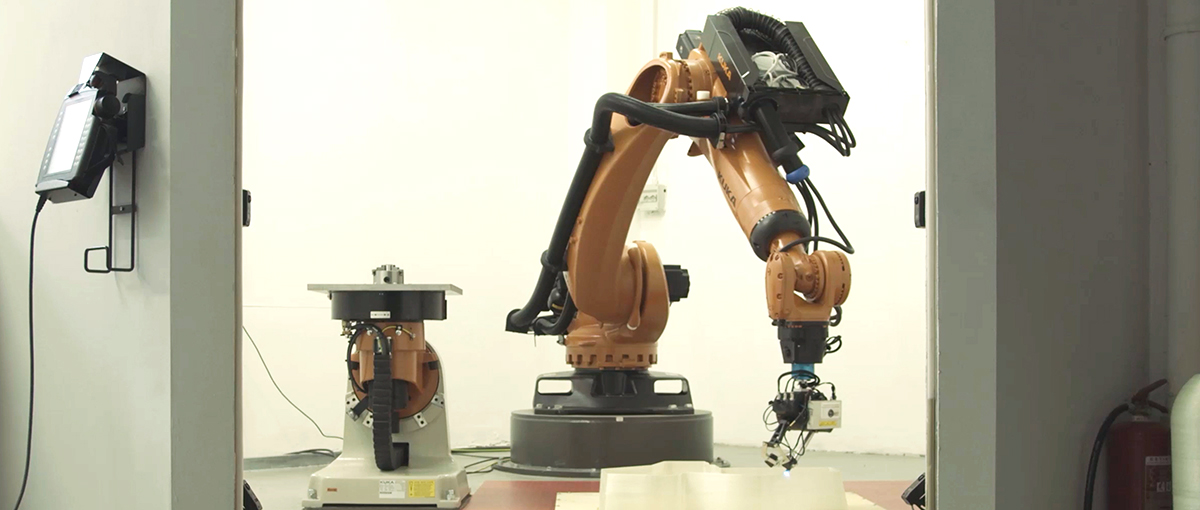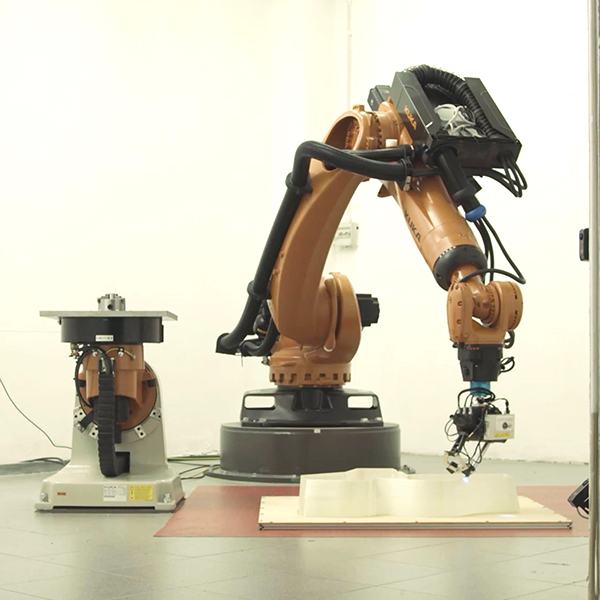MBA Alumna tells about the success achieved at the Mark Challenge, a competition for startups in the luxury & yachting field. A result also made possible by the ability to best exploit one’s skills

There’s a phrase, attributed to André Citroën, founder of the French auto manufacturer, that goes more or less like this: “Knowing how to do something is nothing without making it known.” Because sometimes the biggest challenge isn’t finding an excellent idea and developing it. It can be much more complex to effectively describe it, especially when faced with a varied audience, with different educational backgrounds. How do you convince everyone? It was the question asked by Merry Le, who after attending the Master in Business Administration programme at MIP Politecnico di Milano became the business strategy lead for Moi Composites. The company, a spinoff of Politecnico di Milano, is active in the 3D printing on demand market and received the Special Award in Yachting from the Mark Challenge, a competition for startups in the luxury sector. «Our patented technology, Continuous Fiber Manufacturing, allows production of unique products in a more efficient and economically accessible manner», explains Le. «Characteristics that go hand in hand with the production needs of a luxury sector like yachting, where customization is regularly desired. The Mark Challenge seemed to us to be the right forum to promote the unique advantages of our startup. There was one main obstacle: since it is a technological process innovation, it was difficult to make the more technical aspects comprehensible».
The importance of a good pitch
Merry Le and her colleagues, all four hailing from MIP and the Politecnico, thus decided to take advantage of their knowledge network, including MIP professors: «We presented the project to several people to get feedback on its effectiveness. So we simplified the language and made some messaging more clear. The actual presentation, then, involved a further complication», says Le, «because it took place in the middle of the Covid-19 health emergency, everything was done online». But the strategy of Moi Composites paid off, because Merry Le and her colleagues were awarded and won the possibility to present their pitch to the Monaco Yachting Clustercommission. Not only: the presentation itself was voted by the public as the best pitch. «A success that I and my colleagues achieved, thanks also to our different backgrounds, which allowed us both to develop a solid business plan, and to work with an innovative technology.»
The future of luxury between personalization and sustainability
The characteristics of Moi Composites’ business are well suited to the latest developments in the luxury market in general, and not only of the nautical industry: «The current trend is that of personalization. Customers are increasingly looking for tailor-made products suited to their specific needs. It’s a trend accompanied by an increasing demand for environmental and social sustainability, as well as circularity», continues Le. «I am convinced that, despite Covid-19’s major impact on the economy, and thus also on luxury, we are more prepared to face the change. The 2008 recession struck suddenly, taking everyone by surprise; but because of that crisis people now learned how to manage recovery and to become more creative and proactive.»
The wealth of the MBA
Merry Le attended the Master in Business Administration at MIP because, after years of a career, she felt the need to broaden her expertise: «The world is changing rapidly, and it’s increasingly important to be able to count on skills that allow you to best understand and face changes underway». An American from the East Coast, after 14 years in the aerospace manufacturing industry, today Merry Le, in her new position as business strategy lead, can use the knowledge acquired during the master’s. Not only: the project work with which she participated in the Mark Challenge was proposed to her by MIP. And if you consider that Moi Composites, with headquarters in the nearby town of Pero, was created thanks to the support of Politecnico di Milano, it appears evident that MIP’s strenght isn’t limited to education, but can also provide a geographically near productive fabric, made up of high-level companies that are constantly seeking professional skills of the same calibre. «My experience was fantastic», concludes Le. «I would recommend the choice of an MBA to anyone. What attracted me most was the emphasis on tech and big data, but more generally I felt the need to learn something new in a new environment, not just to improve and fine-tune the skills I already had. Further value added is provided by the heterogeneity of the class: the students came from 20 different countries, and this allowed us to be exposed to new points of view. An invaluable wealth».










